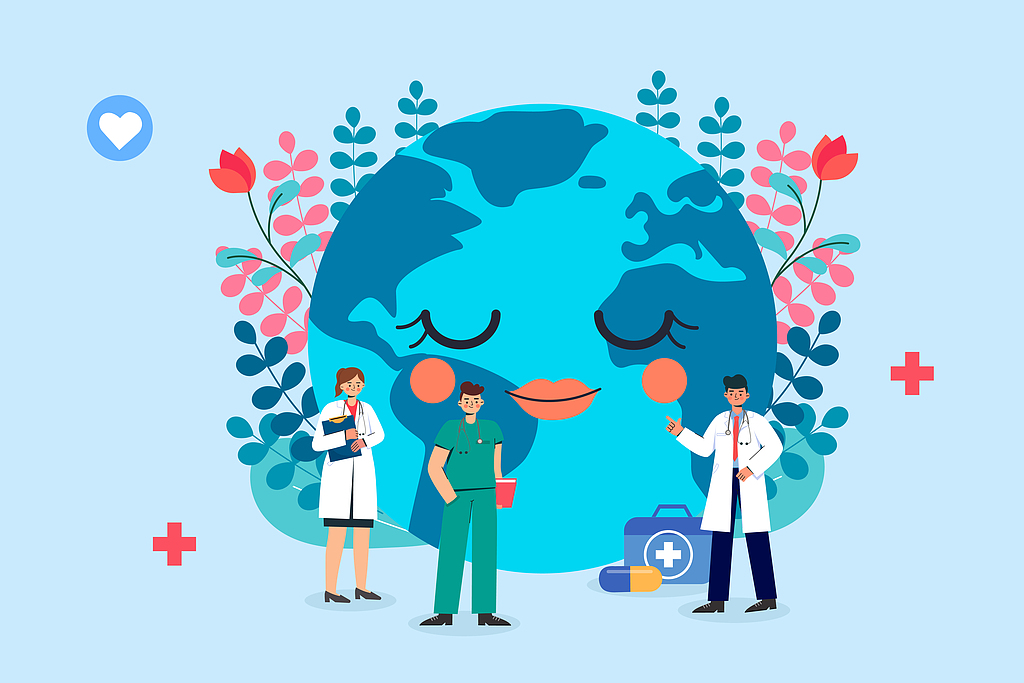The upcoming 2025 BRICS summit in Rio de Janeiro marks a watershed moment for the bloc, as Vietnam joins under an expanded “11+10” partnership framework. This broader coalition – now representing nearly half the world’s population, one-third of global economic output, and over 50 percent of economic growth – holds unprecedented potential to reshape global governance, particularly in health.
Systemic gaps demand systemic solutions
Global health cooperation stands among the summit’s six key priorities, spotlighting the urgent need to address structural inequities exposed by COVID-19. The pandemic revealed glaring structural flaws, particularly in vaccine distribution.
A UN document shows that, as of mid-2022, Africa’s vaccination rate stagnated at just 4.1 percent, while high-income nations hoarded doses through premium purchases. Today, amid geopolitical tensions – from the Russia-Ukraine conflict to Middle East crises – the world can no longer afford delayed action.
From vision to action: BRICS drives innovation
At the Third BRICS Sherpas Meeting on June 30, members proposed transformative measures, including a “partnership for eliminating socially-determined diseases” to combat poverty-linked health disparities.
Regulatory gaps in AI-driven healthcare were also identified as a priority area for joint standard-setting, underscoring BRICS’ commitment to forward-looking collaboration.

China’s role: beyond aid to systemic cooperation
As the largest BRICS economy, China has shifted from unilateral vaccine aid to building systemic partnerships – a pivot exemplified by its collaboration with Brazil.
Since 2018, Brazil’s Fiocruz Institute has worked closely with Chinese counterparts to promote an Infectious Diseases Research and Prevention Center while advancing joint research, technology transfers and academic exchanges. In 2019, the Fiocruz Institute integrated cutting-edge genome sequencing technology from China’s biotech giant BGI Genomics, training Brazilian specialists to bolster local pandemic preparedness.
A parallel initiative with Brazil’s Butantan Institute and China’s Sinovac, launched in June 2020, has proven equally transformative. Their cooperation, spanning critical Phase III trials for COVID-19 vaccines, technology licensing, market authorization and vaccine commercialization – represents a departure from the technology monopolization prevalent among some Western pharmaceutical firms.
Butantan Institute Director Dimas Covas stated that Sinovac’s technology transfer began in 2021. This move not only enabled domestic vaccine production but also offered a replicable model for empowering other developing nations.
These initiatives embody President Xi Jinping’s call for a “global community of health for all.”
A new paradigm for global health
BRICS is redefining global health governance by championing inclusivity, technology equity and South-South cooperation. This coalition is accelerating a transformative shift, demonstrating that sustainable solutions arise not from division but from collective action that bridges gaps and aligns priorities.
2025 BRICS summit: Launching a new chapter in global health equity



